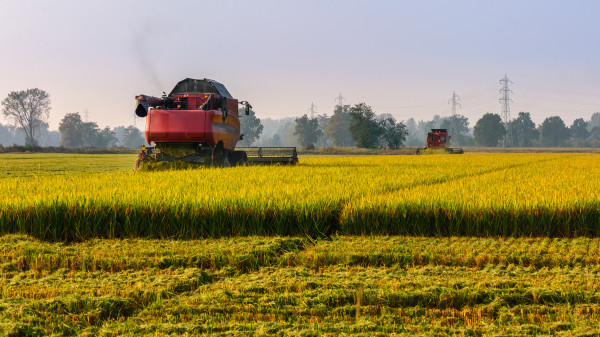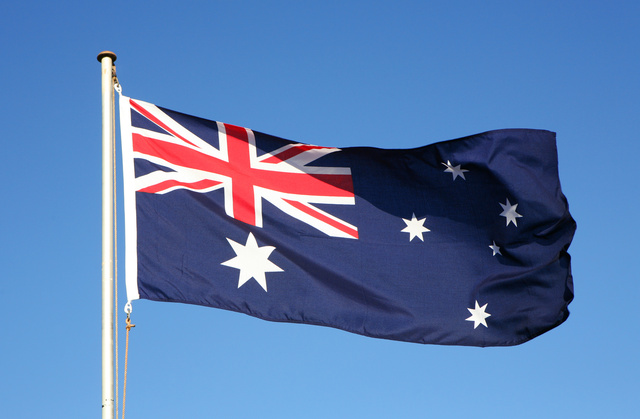RICE manufacturers have welcomed the draft legislation that is expected to end statutory rice export marketing, or vesting, by July 2025.
Statutory marketing boards act as a single-desk buyer for agricultural products, as well as the sole seller for these products in Australian and overseas markets, often with a one-size-fits-all approach.
The removal of vesting will give rice makers the power to export NSW rice overseas, entering new markets and negotiating their own contracts.
If passed, the bill will end vesting for the southern growing region in 2025, mirroring efforts to end vesting in the Northern Rivers growing region from September this year.
NSW Agriculture Minister Tara Moriarty said the forthcoming Parliamentary bill would deliver greater flexibility to develop the rice industry based on regional preferences.
“The NSW Government is committed to grow the state’s agricultural sector and we are taking action to do that for the rice industry by listening to their needs, cutting red tape and assisting growers to expand their export potential,” Ms Moriarty said.
“The NSW Government while drafting a bill to modernise the state’s rice marketing arrangements received requests from rice growers in southern NSW to end statutory rice export marketing, the ‘vesting’ arrangements, sooner rather than later.”
One of the country’s largest rice companies, SunRice, has backed the legislation, saying it creates greater certainty in the market.
“Although our preference was for the NSW rice vesting arrangements in their current form to be retained, we believe that the NSW Government’s proposal for a partial deregulation between southern and northern growers, over a prolonged timeframe, would have created uncertainty for our industry at a time when we need greater flexibility to adjust to a new operating environment,” SunRice Group chairman Laurie Arthur said.
“We believe today’s announcement … is the right decision for our growers, the SunRice business and the future of the NSW rice industry as it provides greater certainty into the future.
“With the finalisation of the ABARES report last year, our industry’s operating environment is expected to undergo substantial change.
“We are now facing the impacts of the federal government’s Restoring Our Rivers Act 2023, which became law in December 2023, increasing the likelihood of significant water recovery before the next proposed vesting review date.
“The impact of this reform is likely to have an unfavourable impact on the availability and cost of water in southern NSW and accordingly on the Riverina rice industry.
“To retain a strong rice industry, and to maximise returns for our growers in Australia, we consider that a dynamic and flexible model now makes better sense for the industry.”
Mr Arthur said without some of the regulatory constraints of vesting, he believed SunRice would be able to work more directly with growers to give the industry the best chance of long-term sustainability.
“In particular, SunRice is now able to assess new contracting and pricing options for growers, which should enable the business to be able to better match supply with demand from our premium markets,” Mr Arthur said.
“These new structures should enable both large and smaller rice growers to participate in the industry in a way that better suits each grower’s circumstances while ensuring more consistent supply, which is in the best interests of our growers, shareholders and the SunRice Group.”







